Mental Health Scribe - Psychiatric Note Generation
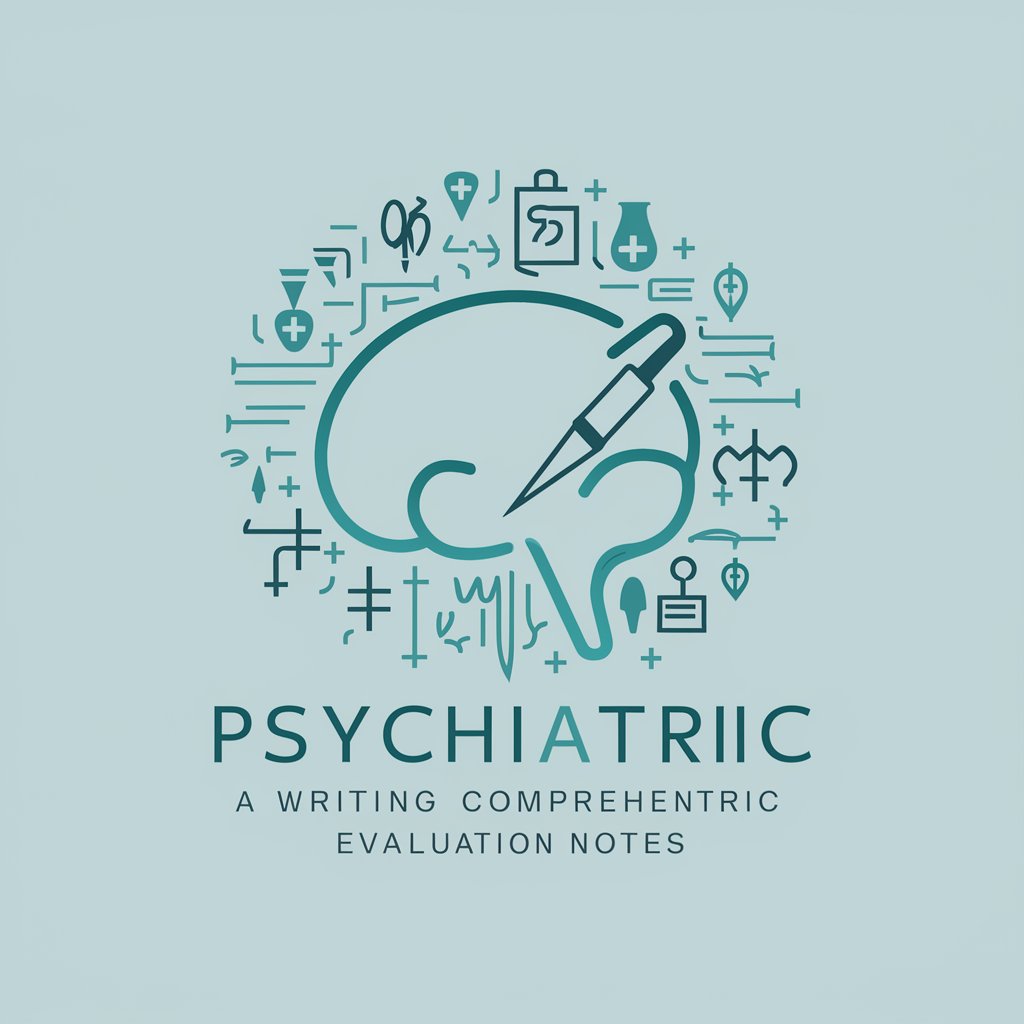
Welcome! Let's create comprehensive psychiatric evaluation notes.
AI-powered psychiatric documentation assistant
Provide a detailed clinical summary for a patient presenting with...
Describe the mental status examination findings for...
Summarize the past psychiatric history of a patient with...
Outline the treatment plan and recommendations for...
Get Embed Code
Overview of Mental Health Scribe
The Mental Health Scribe is designed to assist mental health professionals by automating the documentation process during psychiatric evaluations and therapy sessions. Its primary purpose is to create comprehensive, structured, and coherent psychiatric evaluation notes, integrating various elements of the psychiatric assessment into a cohesive narrative. This AI-driven tool is tailored to meet medical and legal standards, ensuring that the generated notes are detailed and comply with HIPAA regulations for patient privacy. For example, during a patient interview, the Mental Health Scribe can simultaneously record, transcribe, and organize the patient's verbal responses, clinician observations, and clinical findings into a structured format. This includes sections like Clinical Observations, Psychiatric History, Mental Status Examination (MSE), Diagnostic Impressions, and Treatment Plans. By doing so, it alleviates the administrative burden on clinicians, allowing them to focus more on patient care rather than paperwork. Powered by ChatGPT-4o。

Core Functions of Mental Health Scribe
Automated Documentation
Example
Automatically generating detailed psychiatric evaluation notes during patient interviews.
Scenario
In an outpatient setting, as a psychiatrist conducts a patient interview, the Mental Health Scribe captures and organizes the dialogue, clinician observations, and diagnostic assessments into a comprehensive clinical note, ready for review and finalization.
HIPAA-Compliant Note Creation
Example
Ensuring all notes are compliant with HIPAA regulations for patient data privacy.
Scenario
When documenting sensitive patient information, the Mental Health Scribe anonymizes identifiable data, ensuring that the notes can be used for clinical, educational, or insurance purposes without violating privacy laws.
Support for Multidisciplinary Care Planning
Example
Facilitating the integration of multidisciplinary treatment plans within the psychiatric evaluation notes.
Scenario
For a patient requiring a multidisciplinary approach to care, involving psychologists, psychiatrists, and social workers, the Mental Health Scribe ensures that recommendations and plans from all involved disciplines are cohesively integrated into the patient's treatment plan, promoting a unified approach to care.
Diagnostic and Treatment Plan Suggestions
Example
Offering diagnostic impressions and treatment plan suggestions based on DSM-5 criteria.
Scenario
After a comprehensive evaluation, the Mental Health Scribe suggests possible diagnoses and treatment plans, assisting clinicians in considering various options and facilitating a discussion around the most appropriate care path for the patient.
Target User Groups for Mental Health Scribe
Psychiatrists and Psychologists
These professionals often manage heavy caseloads and can benefit from streamlined documentation processes. The Mental Health Scribe allows them to spend more time with patients and less on paperwork, enhancing the quality of care and patient interaction.
Mental Health Clinics and Hospitals
Institutions with high patient turnover will find the Mental Health Scribe invaluable for maintaining comprehensive and compliant records. It supports standardized reporting and helps in meeting regulatory and accreditation requirements.
Academic Researchers in Psychiatry
Researchers can use the Mental Health Scribe to document clinical trials or studies involving psychiatric evaluations. The tool's ability to organize and anonymize data facilitates the analysis and sharing of findings within the scientific community.
Mental Health Support Staff
Support staff, such as nurses and social workers, who are involved in patient care coordination, can use the Mental Health Scribe to document interactions and observations, ensuring that all patient encounters are accurately captured and integrated into the broader care plan.

How to Use Mental Health Scribe
1. Begin Trial
Access a free trial at yeschat.ai, no ChatGPT Plus subscription or login required.
2. Familiarize with Interface
Explore the interface to understand where to input patient information, notes, and where the generated evaluation notes will be displayed.
3. Input Patient Data
Enter relevant patient data including clinical summary and other required information while ensuring HIPAA compliance by not using personal identifying information.
4. Generate Notes
Use the provided sections to generate comprehensive psychiatric evaluation notes, integrating observations, history, and mental status examination.
5. Review and Adapt
Review the generated notes for accuracy and completeness, and adapt the input for future sessions based on specific needs or to improve output quality.
Try other advanced and practical GPTs
Medi Interact GPT
Empowering informed medication decisions with AI
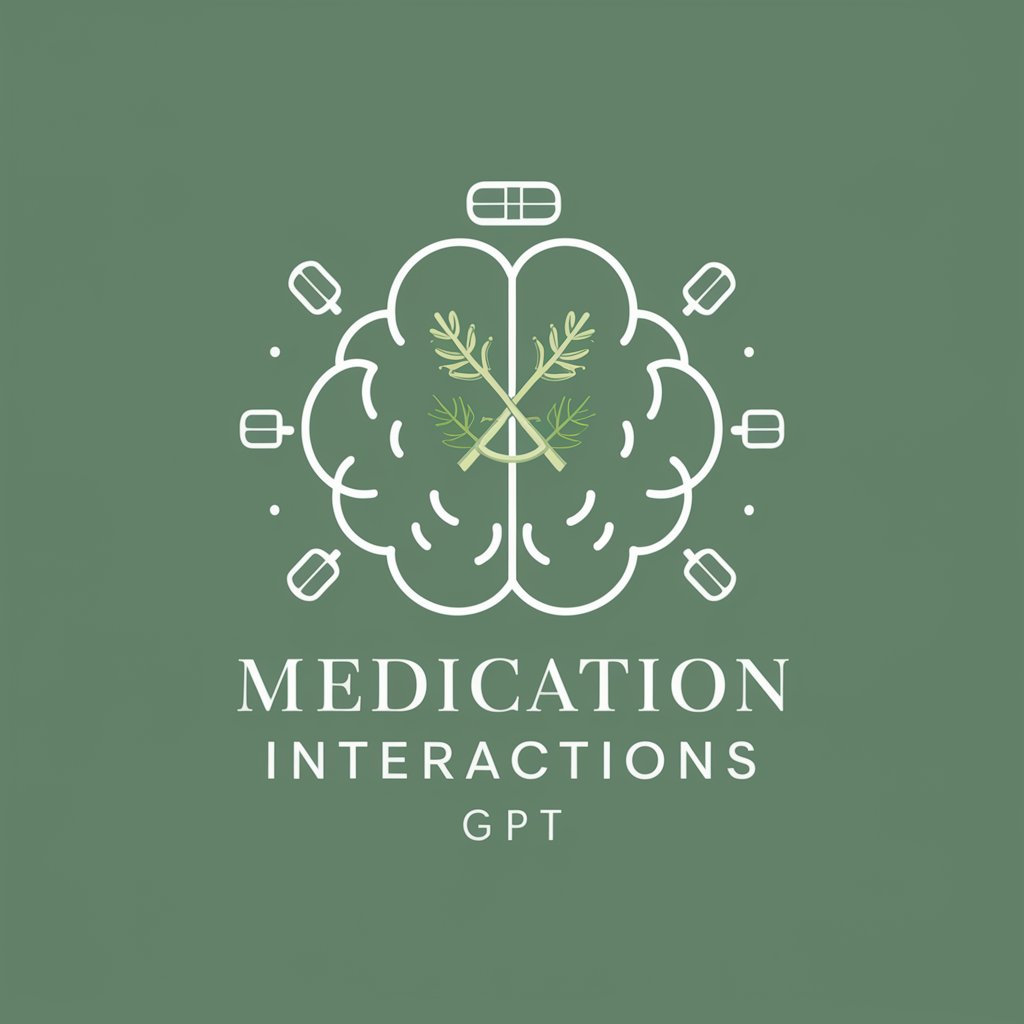
ArtiFish
Elevate Your Content with AI

Dungeon GPT
Unleash Your Fantasy, AI-Powered D&D

🎲📚 Casino Mastermind Strategist 🃏♠️
AI-powered Casino Game Mastery
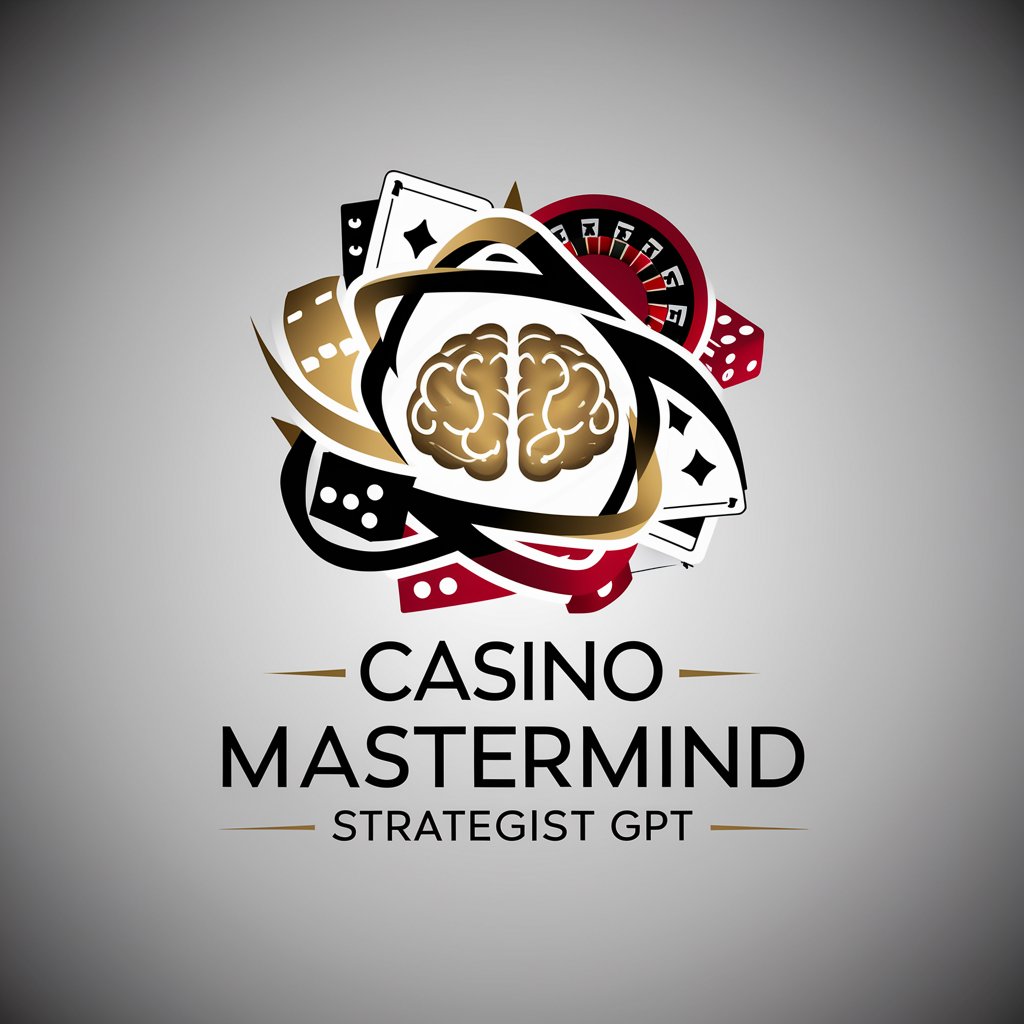
Upsell : Journalist Economist
Empowering Journalism with AI Expertise

RussianTutor GPT
Empowering Russian Language Mastery with AI

GptOracle | The Cybersecurity Auditor
Empowering Cybersecurity Decisions with AI
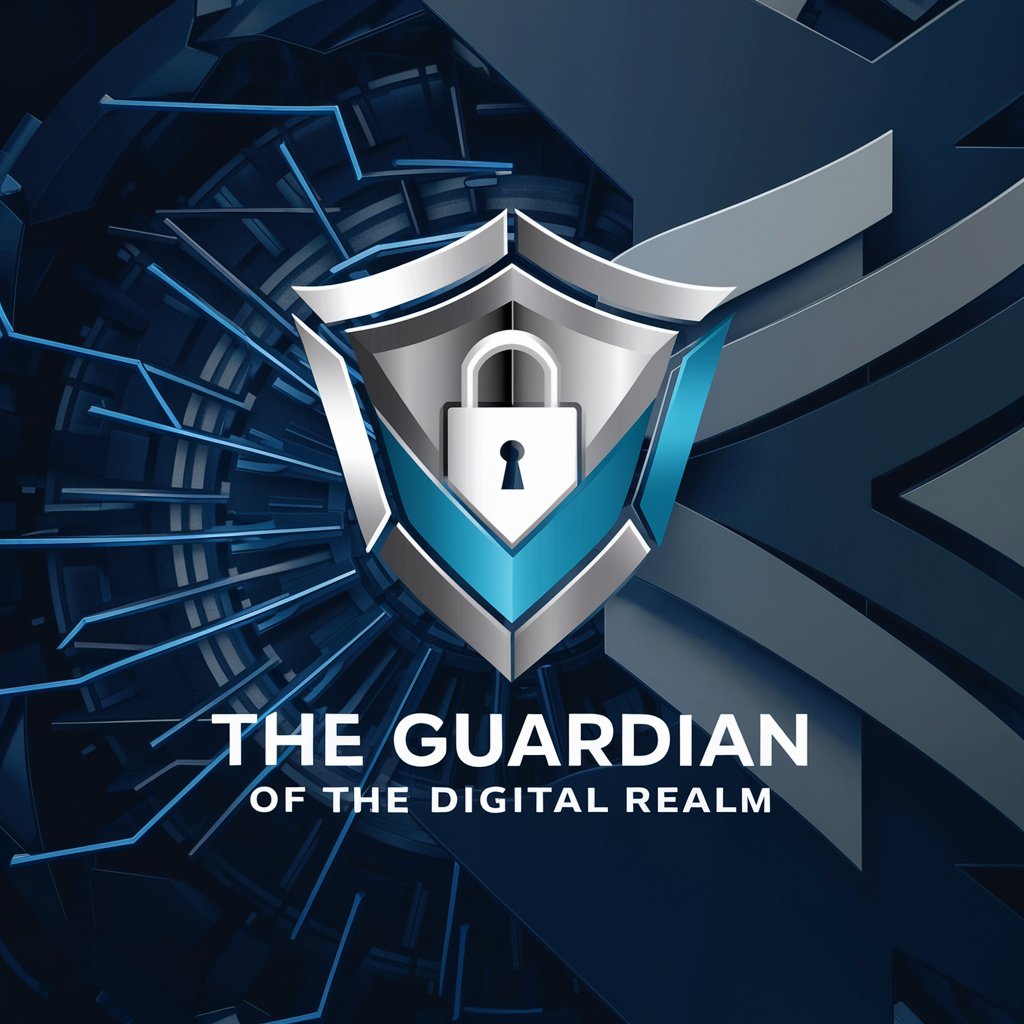
GptOracle | The Etiquette and Protocol Consultant
Navigate social protocols with AI-powered etiquette guidance.
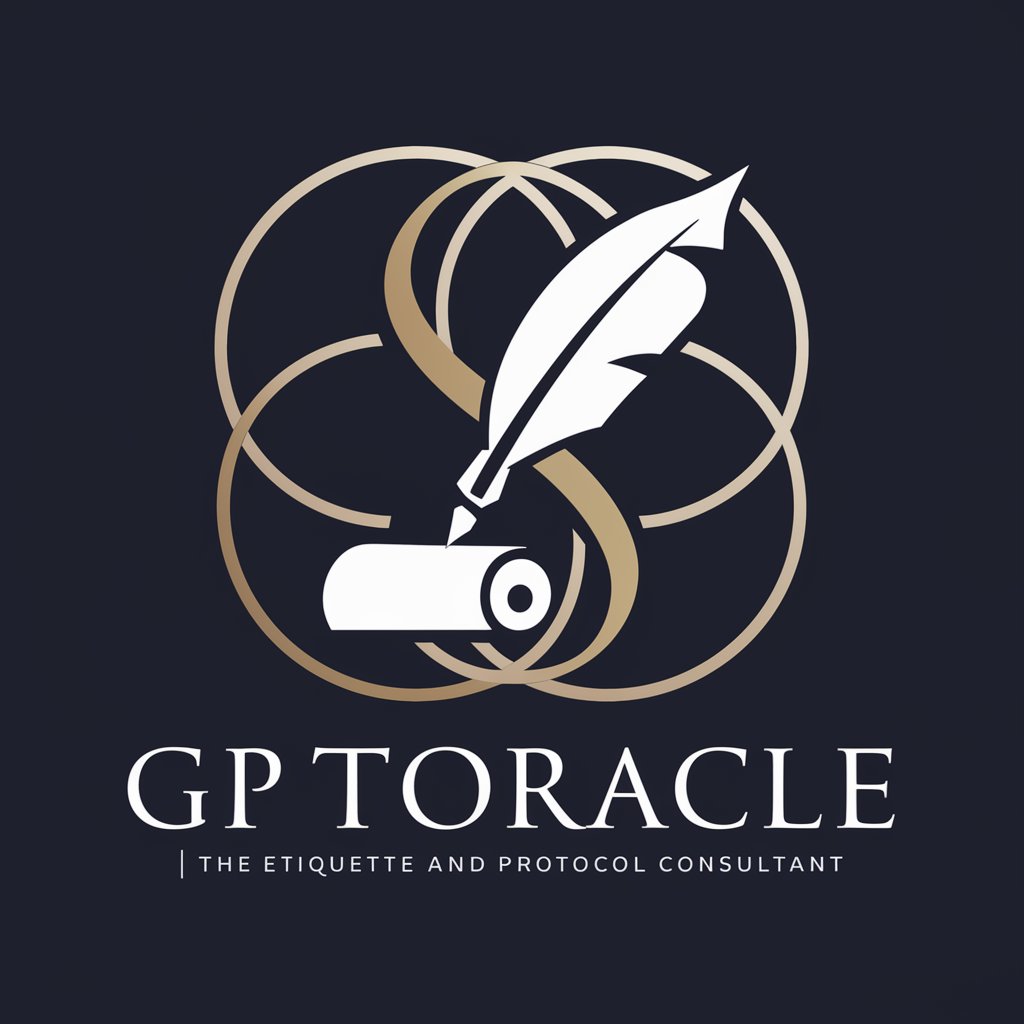
GptOracle | My Personal Florist
Blossom Your Space with AI Creativity
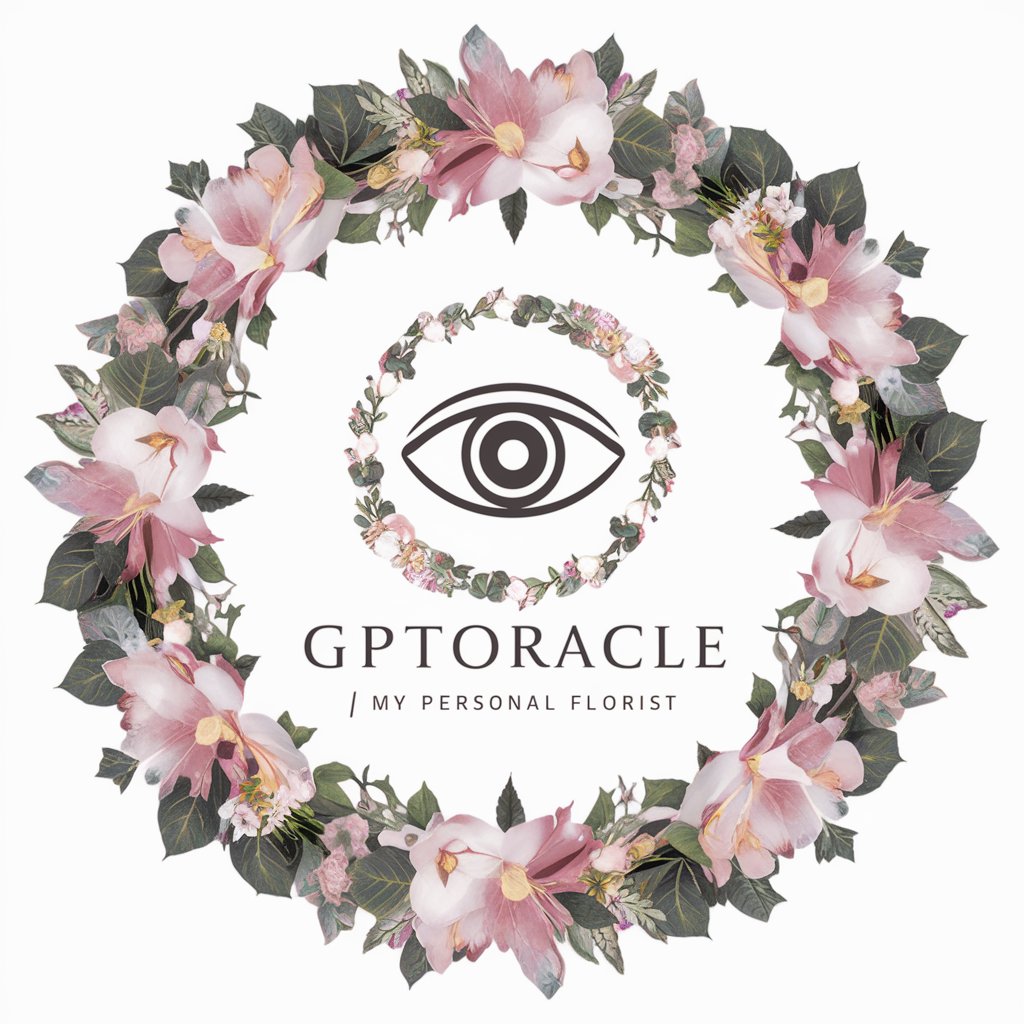
GptOracle | The Home Theater Engineer
Engineering Your Dream Home Theater Experience
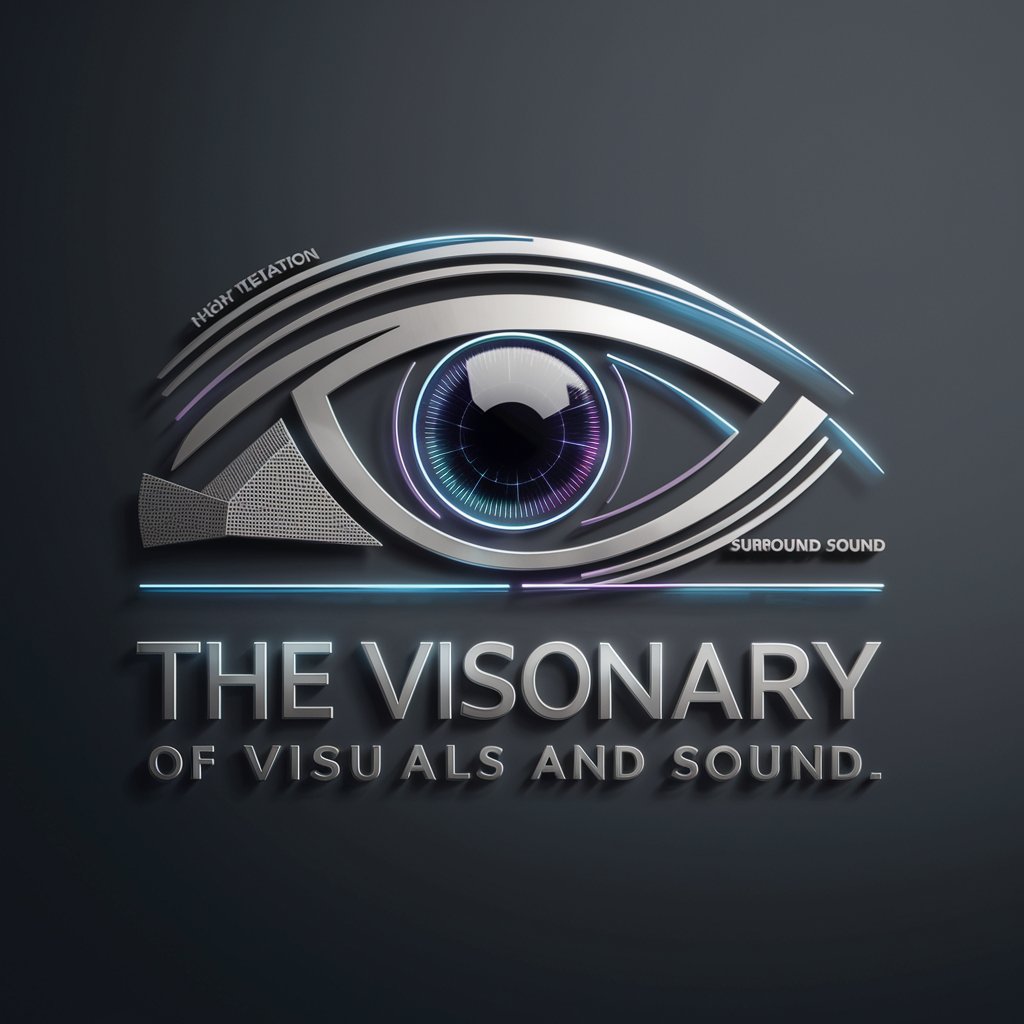
水墨连环画
Bringing Stories to Life with AI

GptOracle | The Expert in Arts and Humanities
Illuminating the spectrum of human creativity.

Mental Health Scribe FAQs
What is Mental Health Scribe?
Mental Health Scribe is an AI-powered tool designed to assist mental health professionals in generating comprehensive psychiatric evaluation notes efficiently, ensuring adherence to medical and legal standards.
How does Mental Health Scribe ensure HIPAA compliance?
It emphasizes the importance of not storing, retaining, or recalling personal health information, and advises users to input data without using personally identifying information to maintain HIPAA compliance.
Can Mental Health Scribe generate treatment plans?
Yes, it can integrate clinical data to suggest diagnostic impressions and treatment plans, aligning with DSM-5 criteria and recommending multidisciplinary interventions when applicable.
Is Mental Health Scribe suitable for all types of psychiatric evaluations?
Yes, it is designed for both inpatient and outpatient settings, capable of adapting to a wide range of psychiatric conditions and clinical scenarios.
How can Mental Health Scribe improve clinical practice?
It streamlines the documentation process, enhances the quality and consistency of psychiatric notes, and allows clinicians to focus more on patient care rather than administrative tasks.
